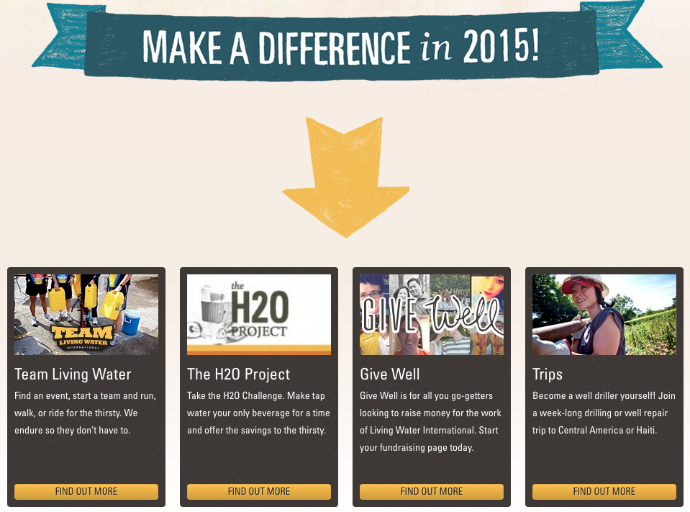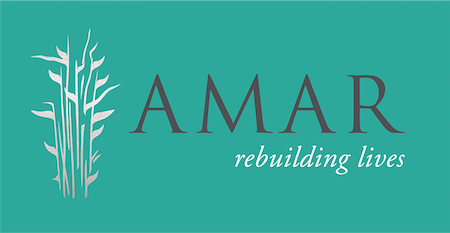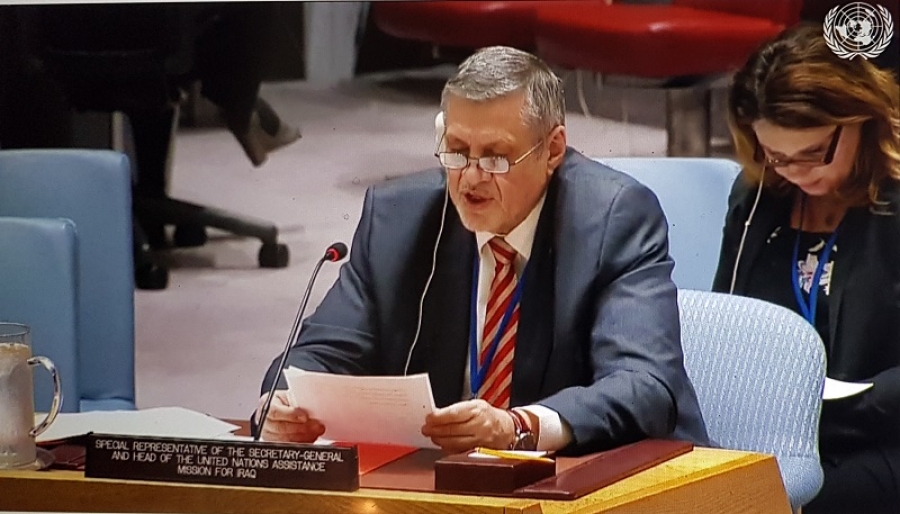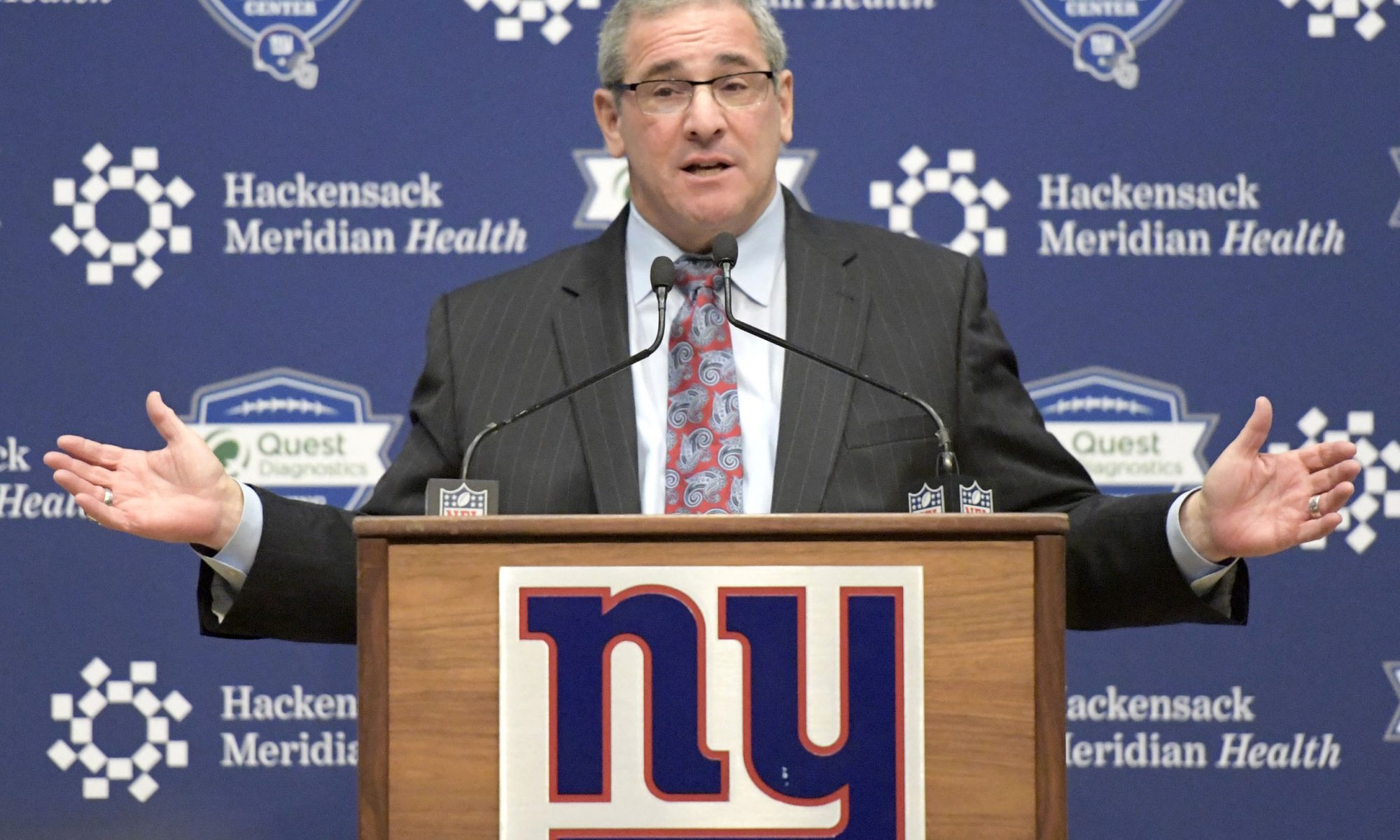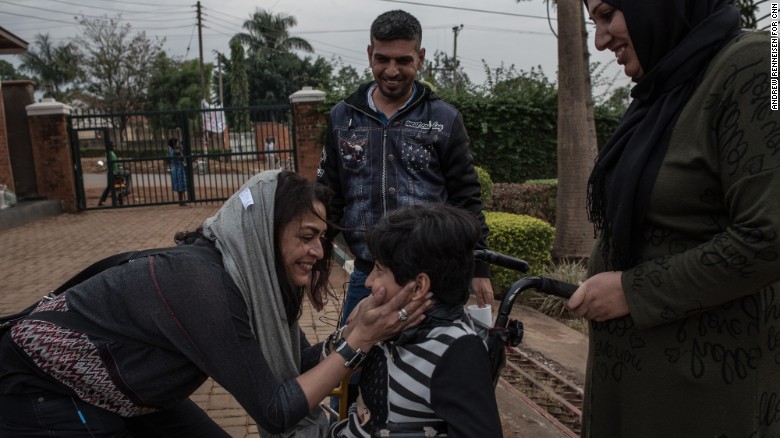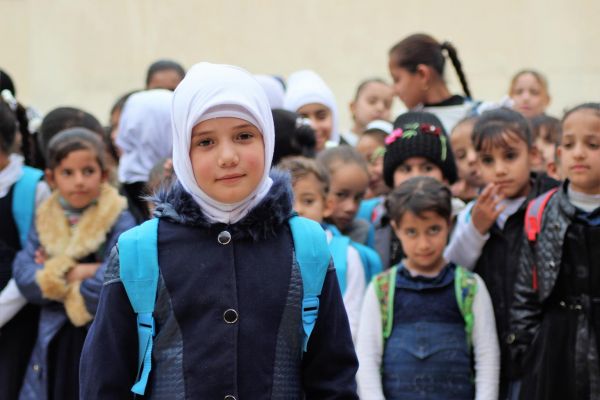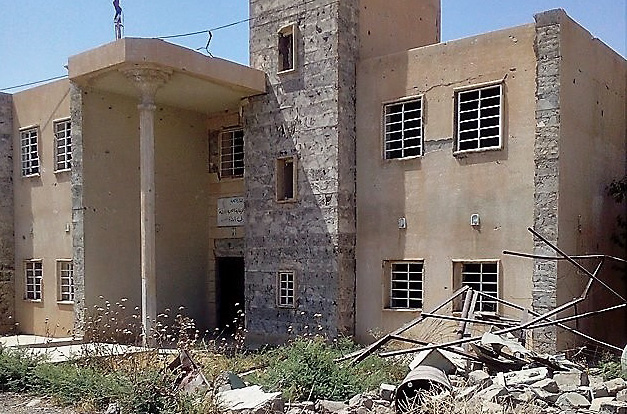The Board of the AMAR International Charitable Foundation is to expand and strengthen its Finance Committee.
It will now be chaired by leading financial businessman and AMAR supporter, Mr Michael Boardman. The present Chairman, Mr Chris Frost is standing down, but will continue to advise AMAR in a different capacity.
Jonathan Ayres, the Chief Financial Officer of United Trust Bank, who has been a member of the committee for the last five years, will also stand down.
Mr Boardman will be joined on the committee by Mr Hadi Damirji, Mr Gavin Wishart, and Mr Siddik Bakir.
AMAR Chairman, Baroness Nicholson of Winterbourne; Board President, Professor Theodore Zeldin; and Board Vice-Chairman, Damon Parker, will continue in their roles on the committee.
Mr Boardman has more than 25 years’ experience of capital markets, financial management and reporting, valuation and business analysis. For 18 years he worked at Nomura Securities, the global investment banking and investment management company.
As a Managing Director responsible for Emerging Markets and a senior member of Nomura’s Global Finance team in Europe, he advised, structured and executed capital markets transactions and was personally responsible for raising over US$30 billion, in public and private markets.
For the last seven years, he has been Group CFO of Sindicatum Sustainable Resources, a high growth developer, owner and operator of renewable energy projects in the emerging markets of Asia.
Mr Boardman has been a regular speaker at industry events organised by the London Stock Exchange, Micex, Borsa Italiana and Euromoney and has published several articles about listings and public markets.
Mr Wishart, who is also a Board member of AMAR’s sister organisation, the Iraq Britain Business Council, worked at senior level in banking across Asia, the Middle East, Africa and UK during a career spanning 37 years.
Most recently he was Regional Head, Financial Institutions, Europe and Americas at the National Bank of Abu Dhabi, and before that was Chief Executive Officer, leading Baghdad, for Standard Chartered Bank.
Mr Damirji founded Optitune Plc in 2001,and is an Executive Board Member of the Massachusetts Institute of Technology’s Sloan School of Management. He was the Deputy Chairman of Trinity Group Ltd from 2007-2012 and CEO of Trinity Strategic Advisors from 2007 to 2008.
Mr Siddik Bakir is a Senior Oil Market Analyst at Saudi Aramco’s Strategy and Market Analysis Department in Saudi Arabia.
Previously, Siddik was based in London where he worked as a Senior Energy Analyst for the Middle East and South Asia and an Upstream Energy Consultant at IHS (IHS Markit).
Commenting on the Financial Committee changes, Baroness Nicholson said today:
“You can see from the bio data of the new members that the committee has been hugely strengthened. AMAR has always been rigorous in it financial dealings and we intend that always to be our trademark.”
“We believe we now have a fantastic committee to ensure the Board has the strongest possible financial leadership and support.”
(Source: AMAR)

